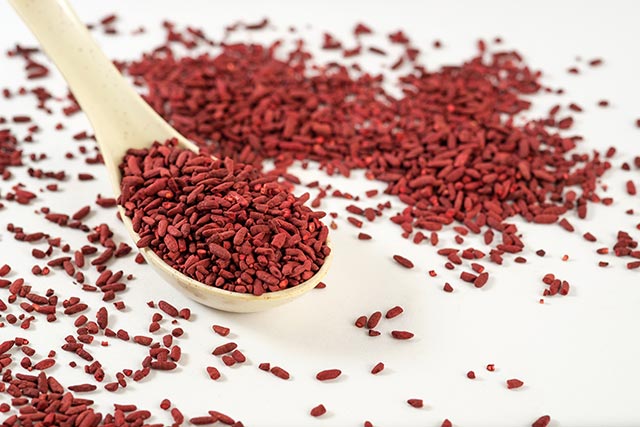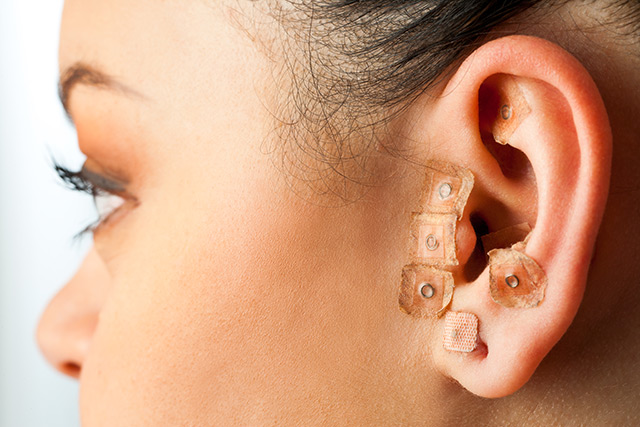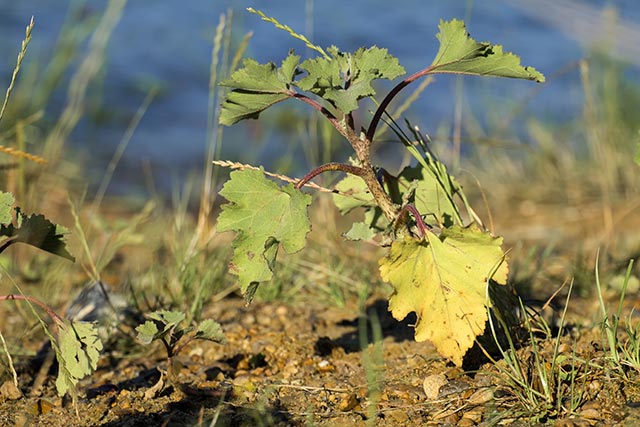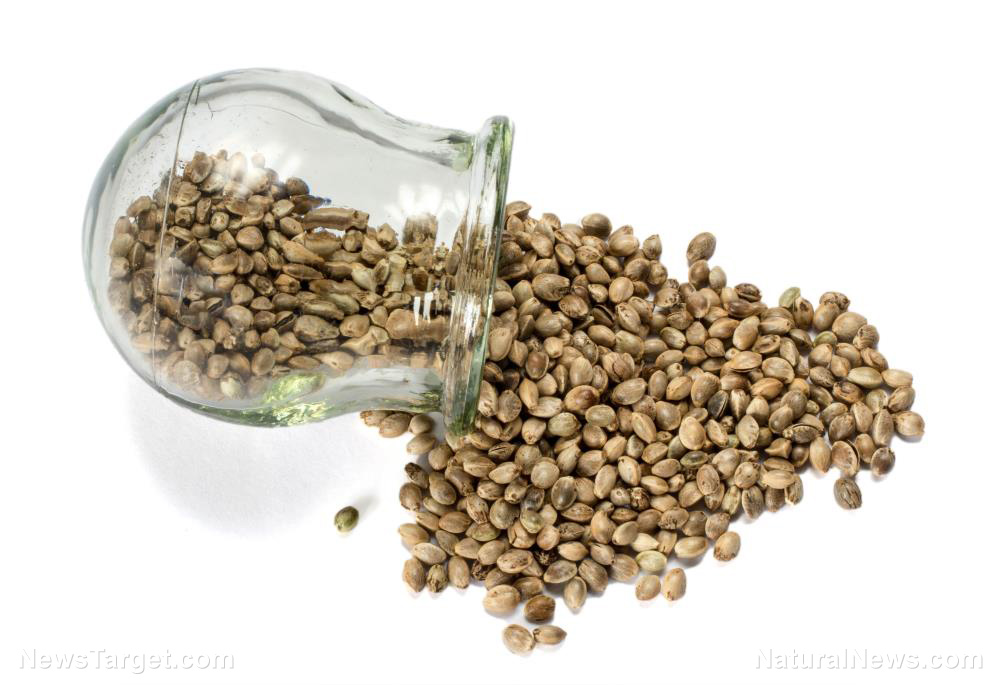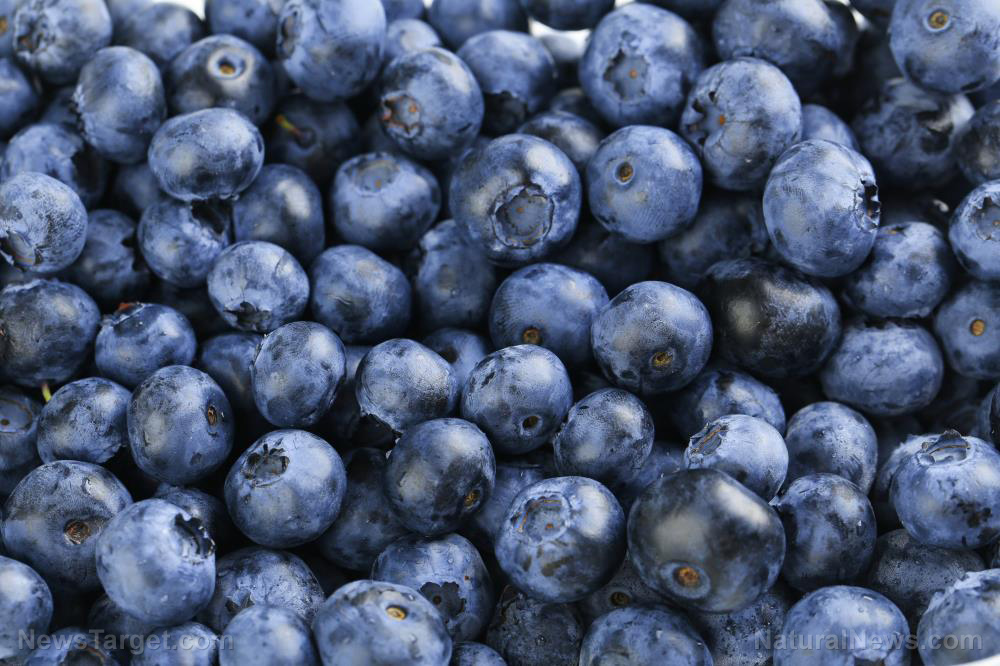Research explores mechanism behind anti-allergy properties of cordyceps grown from silkworm pupae
06/24/2019 / By Evangelyn Rodriguez

In this study, researchers from Southern Taiwan University of Science and Technology examined the molecular mechanism underlying the anti-allergic activity of the ethanol extract prepared from silkworm pupa-cultivated Cordyceps militaris fruit bodies using activated mast cells. Their results were published in The American Journal of Chinese Medicine.
- C. militaris is a widely used herbal drug and tonic food in East Asia. Recently, it has attracted interest in the West because of its various pharmacological activities, such as antitumor, anti-inflammatory, and immunomodulatory effects.
- The researchers used activated mast cells (RBL-2H3) for their in vitro experiments and mice for their in vivo studies.
- After sensitizing cells with 2,4-dinitrophenol-specific IgE and stimulating them with human serum albumin conjugated with 2,4-dinitrophenol, they reported that treatment with the ethanol extract of C. militaris significantly inhibited the release of beta-hexosaminidase, a degranulation marker.
- The ethanol extract also reduced the mRNA levels of tumor necrosis factor-alpha and interleukin-4 in RBL-2H3 cells.
- In mice, oral administration of 300 milligrams per kilogram (mg/kg) ethanol extract significantly ameliorated IgE-induced allergic reaction with passive cutaneous anaphylaxis.
- After performing Western immunoblotting, the researchers found that ethanol extract incubation significantly inhibited the Syk/PI3K/MEKK4/JNK/c-jun biochemical cascade in activated RBL-2H3 cells.
- The ethanol extract also suppressed Erk activation and PLC-gamma evocation, which could respectively evoke the synthesis of lipid mediators and Ca2+ mobilization to induce degranulation in stimulated RBL-2H3 cells.
- In addition, the researchers identified a compound called beta-sitostenone, which could inhibit beta-hexosaminidase secretion from activated mast cells.
Based on these findings, the researchers concluded that C. militaris contains bioactive compounds that can inhibit the immediate degranulation and de novo synthesis of allergic lipid mediators and cytokines in activated mast cells.
Journal Reference:
Wu TF, Chan YY, Shi WY, Jhong MT. UNCOVERING THE MOLECULAR MECHANISM OF ANTI-ALLERGIC ACTIVITY OF SILKWORM PUPA-GROWN CORDYCEPS MILITARIS FRUIT BODY. The American Journal of Chinese Medicine. 2017;45(03):497–513. DOI: 10.1142/s0192415x17500306
Tagged Under: aging, allergic cytokines, allergic reactions, allergy, alternative medicine, anti-aging, anti-allergic, anti-inflammatory, beta-hexosaminidase, beta-sitostenone, bug-killing mushrooms, clean food, Cordyceps, Cordyceps militaris, degranulation, disease treatments, food cures, food is medicine, fruiting bodies, functional food, herbal medicine, Herbs, IgE, immune system, immunomodulatory, insect-killer, mast cells, Mushrooms, natural cures, natural medicine, parasitic fungi, parasitic mushroom, prevention, remedies, research, TCM, traditional medicine

